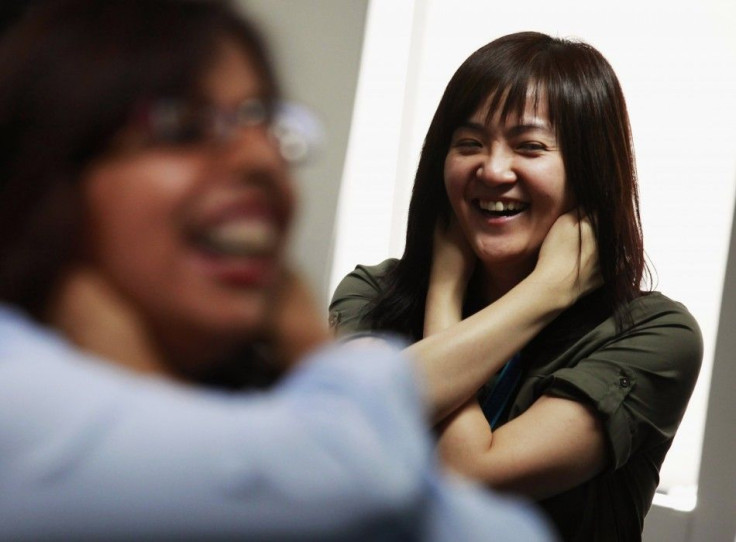'Tickling' The Ear Can Improve Heart Health

Researchers from the University of Leeds have found that a person can improve the health of the heart by tickling the ears to help stimulate the nerves. They used a machine similar to the device used to help relieve labour pains to apply electrical pulses to the small raised flap on the ear.
The effect changed in a way so as to reduce the nerve signals to the heart that causes the heart to beat too fast.
Professor Jim Deuchars, from the Faculty of Biological Sciences in the University of Leeds, said that when the machine is switched on, it creates a painless, tickling sensation in the ears. He explained that until now, they had only tested on healthy subjects and their next move will be to develop the device in such a way that it becomes a part of the treatment for heart failure.
The experiment was conducted on thirty-four healthy people by passing electrodes to the ears through the machine called TENS for a 15-minute sessions. The heartbeats of the people were monitored, in addition to the activity of the part of the nervous system associated to the heart. Even after the machine was switched off, for a period of 15 minutes, the subjects were monitored.
The lead researcher of the study, Dr. Jennifer Clancy, explained that one of the positive effects observed was that the heart continued interacting with the environment, hence having an increased variability in the heartbeats. The researchers found that by stimulating the nerves on the ear, there is a 20 per cent increase in heart rate variability.
The second positive effect that was observed was how the sympathetic nervous system was suppressed helping heart activity with the use of adrenaline. When the nerve activity was measured directly, it was reduced by about 50 per cent when the ear is stimulated. In cases of heart disease, there is a tendency of increased sympathetic activity.
Professor Deuchars explained that the residual treatment is huge on the heart and their next step is to identify how this can help heart patients.





















